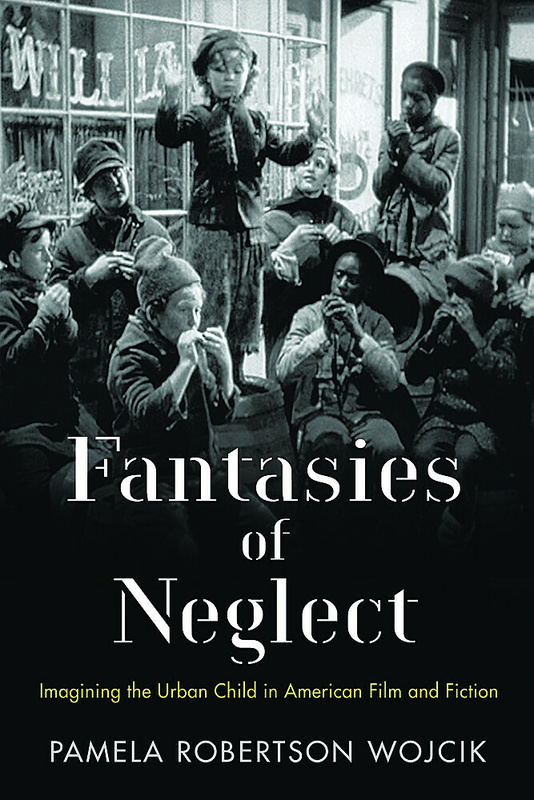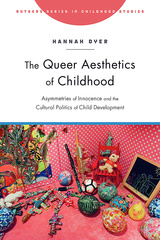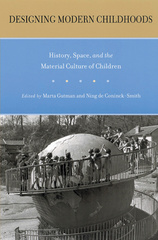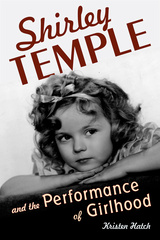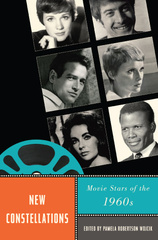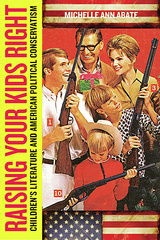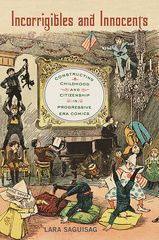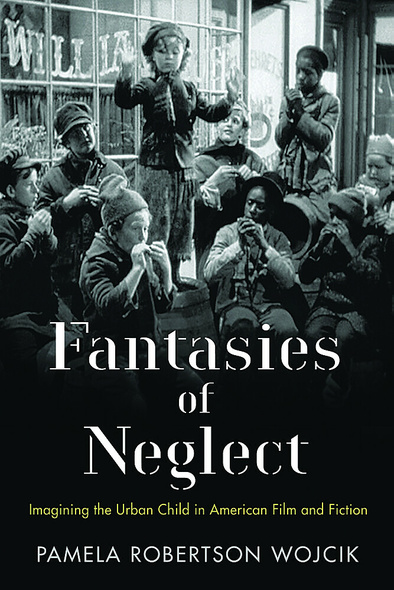
256 pages, 6 x 9
22 photographs
Paperback
Release Date:19 Sep 2016
ISBN:9780813564470
Hardcover
Release Date:19 Sep 2016
ISBN:9780813564487
Fantasies of Neglect
Imagining the Urban Child in American Film and Fiction
Rutgers University Press
In our current era of helicopter parenting and stranger danger, an unaccompanied child wandering through the city might commonly be viewed as a victim of abuse and neglect. However, from the early twentieth century to the present day, countless books and films have portrayed the solitary exploration of urban spaces as a source of empowerment and delight for children.
Fantasies of Neglect explains how this trope of the self-sufficient, mobile urban child originated and considers why it persists, even as it goes against the grain of social reality. Drawing from a wide range of films, children’s books, adult novels, and sociological texts, Pamela Robertson Wojcik investigates how cities have simultaneously been demonized as dangerous spaces unfit for children and romanticized as wondrous playgrounds that foster a kid’s independence and imagination. Charting the development of free-range urban child characters from Little Orphan Annie to Harriet the Spy to Hugo Cabret, and from Shirley Temple to the Dead End Kids, she considers the ongoing dialogue between these fictional representations and shifting discourses on the freedom and neglect of children.
While tracking the general concerns Americans have expressed regarding the abstract figure of the child, the book also examines the varied attitudes toward specific types of urban children—girls and boys, blacks and whites, rich kids and poor ones, loners and neighborhood gangs. Through this diverse selection of sources, Fantasies of Neglect presents a nuanced chronicle of how notions of American urbanism and American childhood have grown up together.
Fantasies of Neglect has opened up a compelling and vital discussion about childhood freedoms and adult fantasies and fears that will inform and inspire, I believe, much scholarship to come. The dazzling breadth of its textual readings and the depth of its theoretical insights are sure to encourage many scholars to begin investigating not just the urban child, but representations and uses of childhood in a number of other contexts, along with the myriad of fantasies spurred by this enthralling, troubling figure.
Theoretically rich and multifaceted, Fantasies of Neglect pulls the reader in and along for an entertaining and instructive ride. No film scholar that I know of has engaged as deeply with the history of childhood as Wojcik does here.
Accessibly written and exploring a wide range of well chosen texts, Fantasies of Neglect examines a profound shift in parenting mores that has crucial implications for our society.
This charming and original work is unafraid to be polemical and provocative. Without a doubt, Fantasies of Neglect is an intensely stimulating and generous read.
Drawing upon a wide range of scholars from history, literature, film studies, and critical theory, Wojcik situates her valuable work in a deep dialogue with critics and... offers fascinating analyses of films that complicate and challenge the mainstream discourse
Wojcik’s single-authored study is a coherent and sustained argument demonstrating that, despite the dramatic restrictions of children’s actual mobility in the city over the twentieth century, the fantasy of urban children’s mobility endures in American culture, as that is expressed and produced through American filmic and fictional texts.
This book makes valuable contributions to media studies, literary studies, urban studies, and spatial analysis.
Fantasies of Neglect is an engaging and fascinating addition to multiple fields, written with such clarity and charisma that it would be well-assigned in qualitative methods course. Wojcik’s careful foregrounding of contexts and frameworks, her knowledge of history—both in terms of popular child-centered media and prevalent ideas and ideals about parenting in the United States—offer rich pedagogical examples of focused research and its clear application.
Fantasies of Neglect has opened up a compelling and vital discussion about childhood freedoms and adult fantasies and fears that will inform and inspire, I believe, much scholarship to come. The dazzling breadth of its textual readings and the depth of its theoretical insights are sure to encourage many scholars to begin investigating not just the urban child, but representations and uses of childhood in a number of other contexts, along with the myriad of fantasies spurred by this enthralling, troubling figure.
Theoretically rich and multifaceted, Fantasies of Neglect pulls the reader in and along for an entertaining and instructive ride. No film scholar that I know of has engaged as deeply with the history of childhood as Wojcik does here.
Accessibly written and exploring a wide range of well chosen texts, Fantasies of Neglect examines a profound shift in parenting mores that has crucial implications for our society.
This charming and original work is unafraid to be polemical and provocative. Without a doubt, Fantasies of Neglect is an intensely stimulating and generous read.
Drawing upon a wide range of scholars from history, literature, film studies, and critical theory, Wojcik situates her valuable work in a deep dialogue with critics and... offers fascinating analyses of films that complicate and challenge the mainstream discourse
Wojcik’s single-authored study is a coherent and sustained argument demonstrating that, despite the dramatic restrictions of children’s actual mobility in the city over the twentieth century, the fantasy of urban children’s mobility endures in American culture, as that is expressed and produced through American filmic and fictional texts.
This book makes valuable contributions to media studies, literary studies, urban studies, and spatial analysis.
Fantasies of Neglect is an engaging and fascinating addition to multiple fields, written with such clarity and charisma that it would be well-assigned in qualitative methods course. Wojcik’s careful foregrounding of contexts and frameworks, her knowledge of history—both in terms of popular child-centered media and prevalent ideas and ideals about parenting in the United States—offer rich pedagogical examples of focused research and its clear application.
PAMELA ROBERTSON WOJCIK is a professor of film, television, and theater at the University of Notre Dame in Indiana. She is the author of several books, including Guilty Pleasures: Feminist Camp from Mae West to Madonna; The Apartment Plot: Urban Living in American Film and Popular Culture, 1945 to 1975; and is the editor of New Constellations: Movie Stars of the 1960s (Rutgers University Press).
Acknowledgments
Introduction: Mapping the Urban Child
1. Boys, Movies, and City Streets; or, The Dead End Kids as Modernists
2. Shirley Temple as Streetwalker: Girls, Streets, and Encounters with Men
3. Neglect at Home: Rejecting Mothers and Middle-Class Kids
4. “The Odds are Against Him”: Archives of Unhappiness among Black Urban Boys
5. Helicopters and Catastrophes: The Failure to Neglect and Neglect as Failure
Notes
Bibliography
Index

